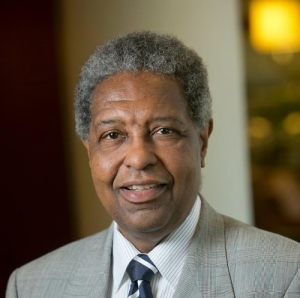February 2, 2023
Over the past few years, cities and states across the nation, including Asheville and Durham, have taken steps to create reparations committees or task forces to study how best to repay their residents who are the descendants of enslaved Americans.
Two weeks ago, during a Raleigh city council meeting, local activist Octavia Rainey called on Raleigh leaders to create a “reparations task force on slavery and systematic discrimination.”
“When you look at this city council, it’s like you don’t care about the past,” Rainey said before the council members. “ We need this reparations task force because the city hasn’t said ‘I’m sorry.’ It’s about time that you step up to the plate and you do that.”
Racial injustice, Rainey said, has lived in the United States for the last 160 years, with post-Civil War reconstruction, Jim Crow laws, and in Raleigh, with the creation of the all-white Raleigh Redevelopment Commission in 1953.
“Without accountability, there is no justice,” Rainey said.
For some activists, reparations are about recognizing the wrongs of the past and forcing those accountable to apologize. For others, it’s about redressing those wrongs. Asheville’s reparations effort—which its city council approved in 2020—has been lauded by some and criticized by others, with many condemning the city’s decision to take a pass on making direct cash payments in favor of allocating funding to promote homeownership and business opportunities.
As the conversation around local reparations continues, we talked to expert and Duke University professor William A. Darity Jr. Darity. He, along with writer Kirsten Mullen, coauthored From Here to Equality: Reparations for Black Americans in the Twenty-First Century.

